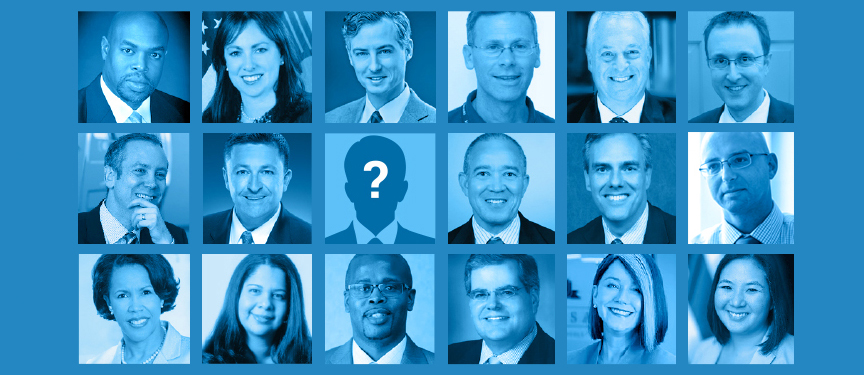
SUBSCRIBE
TO MONTHLY UPDATES
We'll send you information that
will keep you up to date on CFC

As chief operating officer at the School District of Palm Beach County, I knew we would face a hurricane sooner or later—the only question was whether we would be ready when the time came.
To prepare for the inevitable and dramatic event, I assembled a task force to spend the summer developing and implementing a set of written protocols. Our readiness to act the moment we saw the weather radar plotting the hurricane on a path straight toward us—to purchase extra fuel and load up district freezers—made a difference in the lives of children and families.
It was the difference between schools opening as shelters or not. It was the difference between students being fed or spending the day hungry after a storm damaged their neighborhoods. It was the difference between schools opening quickly after the storm or staying closed for weeks.
It was a rare moment of clear visibility for the work of operations in schools. Normally, people think about operations only when something goes wrong: buses late or misdirected; a construction project over budget and off schedule; students missing lessons because they are sweltering or freezing thanks to a failed air conditioning or furnace.
For our families, and especially for students, we want this work to be reliable—the whole point of an operations division is to remove distractions from learning. But for educators seeking to make a difference in kids’ lives, it’s an area of enormous potential impact that’s worth a careful look.
I speak from personal experience—I’ve been fortunate to spend my career getting to know every aspect of the education system.
From teaching in elementary and middle schools in Orlando, Florida, to leading the academic turnaround of Charlotte-Mecklenburg High School as principal, to running improvement efforts of 28 schools in Fulton County as senior area superintendent and now serving as chief operating officer for the School District of Palm Beach County, I am a lifelong educator—and, perhaps more importantly, a lifelong learner.
And it’s that desire to broaden my experiences and constantly learn new things that led me to where I am today, serving more than 194,000 students in approximately 185 schools.
The School District of Palm Beach County is the 10th largest district in the country, bigger than the entire state of Delaware. To put it in perspective, last year, we served 33.9 million meals to students. Our buses drove 12.9 million miles. And we went through enough toilet paper to circle the earth 1.7 times!
As the district’s COO, it’s my job to make sure these things happen—to make safety, security, food service, facility maintenance, facility construction and transportation seamless so that teachers, administrators and students can focus on learning. When operations work goes right, we create an environment where everything else can go right.
My first month on the job I learned we had buses regularly showing up late for school. Some students were missing first period nearly every day.
To be clear, at the time, I was not an expert on transportation. But I knew well from my time as a teacher and principal that getting to school on time is critical—if a student isn’t in the classroom, all of the important academic decisions we make as leaders don’t matter. And now, immersed in these critical elements of the school day, I was positioned to be the difference between when things go right and when they go awry.
That’s why I want to encourage more education leaders to pursue operational leadership positions.
Education leaders may not be experts on leading a construction project, managing HVAC or strategizing bus routes, but increasing their knowledge and capacity in these areas will help them understand better than anyone the direct correlation between operations and academic success.
Educators who commit a portion of their leadership work to the Operations Division will be uniquely qualified to lead successfully in leadership roles that follow.
The role of chief operating officer is not to be an expert in the various departments within the division, but to provide the leadership and vision to bring people and systems together to serve the needs of our young people. The truth is, I have found my background as a principal has helped me foster cooperation and understanding among school leaders where it was previously lacking.
The work may seem intimidating, but there are resources and a network of people who provide guidance and support. For me, that network is the Chiefs for Change Future Chiefs Program. I’m learning from peers around the country in my Future Chiefs cohort, as well as some of the most effective current state and district Chiefs around the country.
You realize quickly sitting with other leaders that you can listen and learn, and use the work others have done to advance your work back at home. You also realize just how much you do know from your experiences and all that you have to contribute to support other leaders.
To my fellow educators, you are lifelong learners and you can do this. Take a look at operations, and let’s work together to create amazing educational environments for our teachers and students.